Florida Fish & Wildlife Conservation Commission sent this bulletin at 11/17/2021 12:59 PM EST
For Immediate release: Nov. 17, 2021
Contact: Carli Segelson, 772-215-9459, Carli.Segelson@MyFWC.com
Michelle Kerr, 727-282-7642, Michelle.Kerr@MyFWC.com
Suggested Tweet: To modernize, align with @FishWildlife best management practices, @MyFWC is evaluating trapping rules. Public feedback welcome. https://content.govdelivery.com/accounts/FLFFWCC/bulletins/2fca46b #Florida
FWC evaluates trapping rules, seeks public input
The Florida Fish and Wildlife Conservation Commission (FWC) is seeking public feedback as staff begin to evaluate rules addressing regulated wildlife trapping. Staff are exploring possible changes to modernize trapping rules to align with the Association of Fish and Wildlife Agencies’ best management practices in support of species-specific and humane trapping methods.



